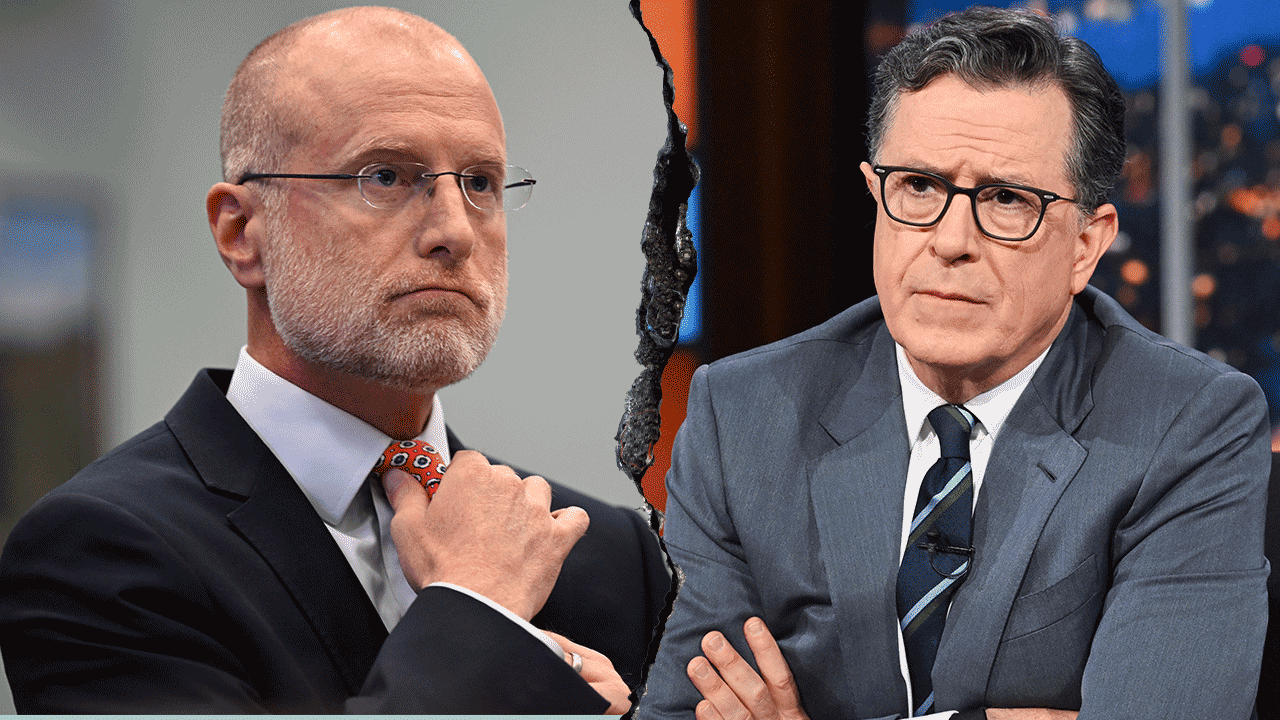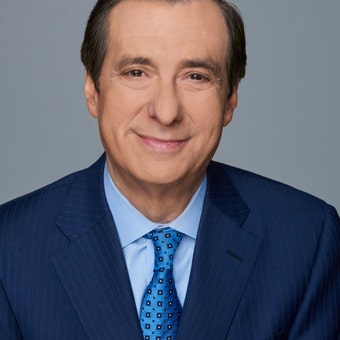It was two hours before airtime when word reached us of news I hoped I’d never have to report.
I knew full well that journalists for many news organizations were risking their lives in Ukraine, where Russian forces make a point of killing civilians and there’s no U.S. military to embed with.
First came an unconfirmed email that a New York Times reporter had been killed in Ukraine. Then it turned out that the photojournalist in question had worked for the Times seven years ago but was not on assignment for the paper now. Then we got his name: Brent Renaud.
UKRAINE'S HOSPITAL HELL: WATCHING A COUTNRY SUFFER UNSPEAKABLE ATROCITIES
Some journalists are just drawn to danger. Renaud was one of those people. He had dedicated his life to telling the tale of refugees around the world: Iraq, Afghanistan, Haiti and on and on.
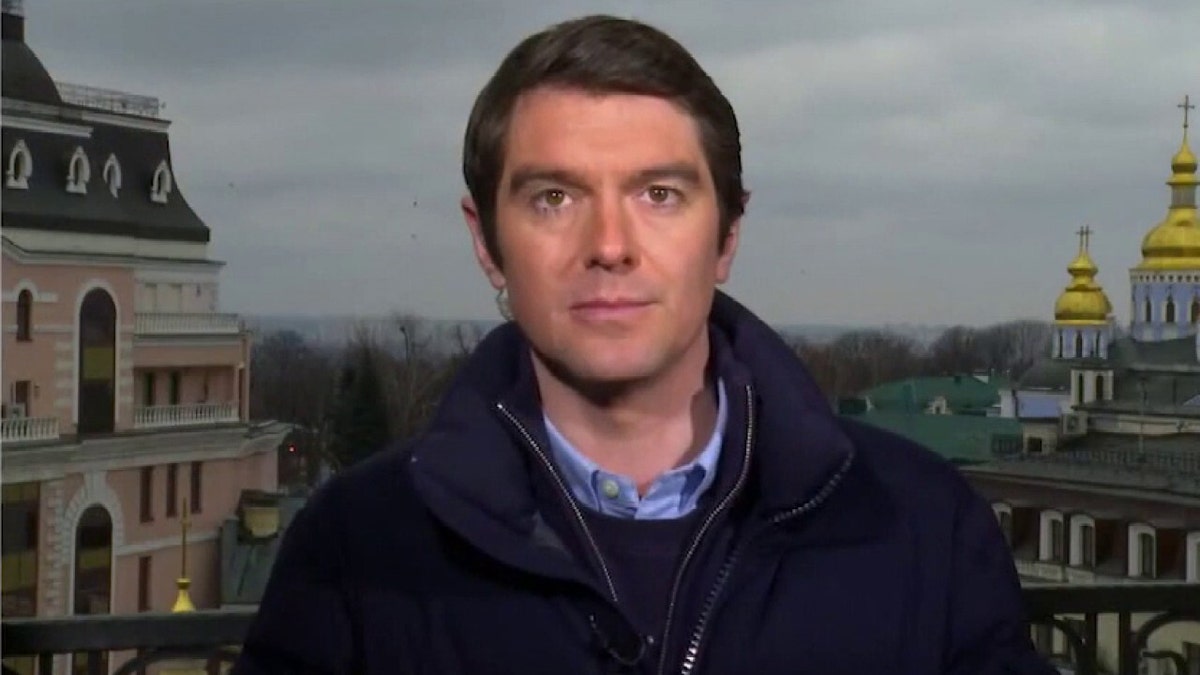
Fox News journalist Benjamin Hall was injured in Ukraine Monday while reporting on the Russian invasion. (Fox News)
And yesterday, while I was preparing a story on this for "Special Report," there came another chilling bulletin: Fox News correspondent Benjamin Hall, while reporting outside Kyiv, was injured and taken to a hospital. Few details were available. Another bracing reminder of the dangers of war reporting.
Back to Sunday: Renaud was on assignment, as it happens, for Time Magazine. The Little Rock native has worked for HBO, NBC and Vice. Often teaming up with his brother Craig, he has won all kinds of awards: Peabody, Overseas Press Club, two DuPont-Columbia University prizes.
I went on "Media Buzz" with what we had–and just a single photo from his Times press pass–but was told that a statement was coming from a second journalist who was with Renaud and had been wounded in the attack. Then it turned out to be an Instagram video, taken at a hospital in a Kyiv suburb, and we scrambled to process it and show it to viewers.
Juan Arredondo described how they crossed a bridge while pursuing a story about refugees and encountered a Russian checkpoint:
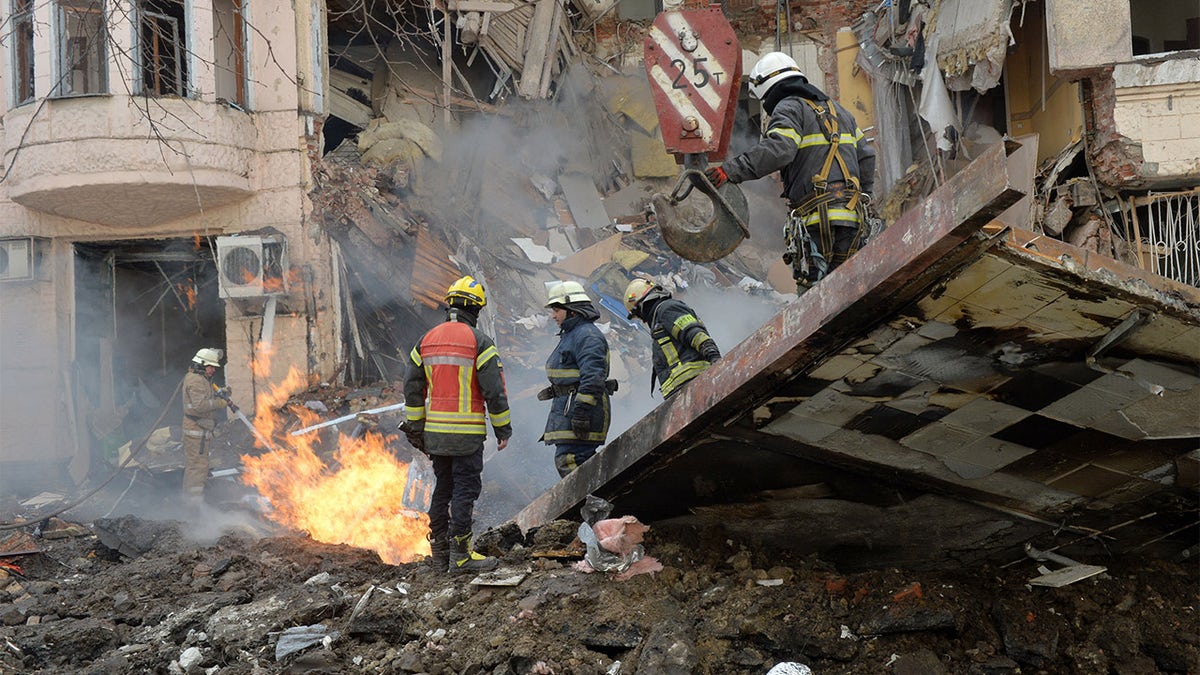
Firemen work to clear the rubble and extinguish a fire by a heavily damaged building after a Russian rocket exploded just outside. (Photo by SERGEY BOBOK/AFP via Getty Images)
"And we cross a checkpoint, and they start shooting at us. So the driver turned around, and they kept shooting at two of us, my friend, his friend Renaud, and he's been shot and left behind." He says he saw Renaud get shot in the neck.
National Security Adviser Jake Sullivan called the killing "shocking and horrifying," accusing the Kremlin of now targeting journalists as well as civilians and hospital patients, and said there would be consequences.
Over the years I have known a number of journalists who have been killed or wounded in war zones.
Bob Woodruff was co-anchor of ABC’s "World News Tonight" and he was reporting with the U.S. military from Iraq when he popped his head out of a tank and a roadside bomb sent shrapnel into his brain. He was in danger of dying and had a long and difficult rehabilitation.
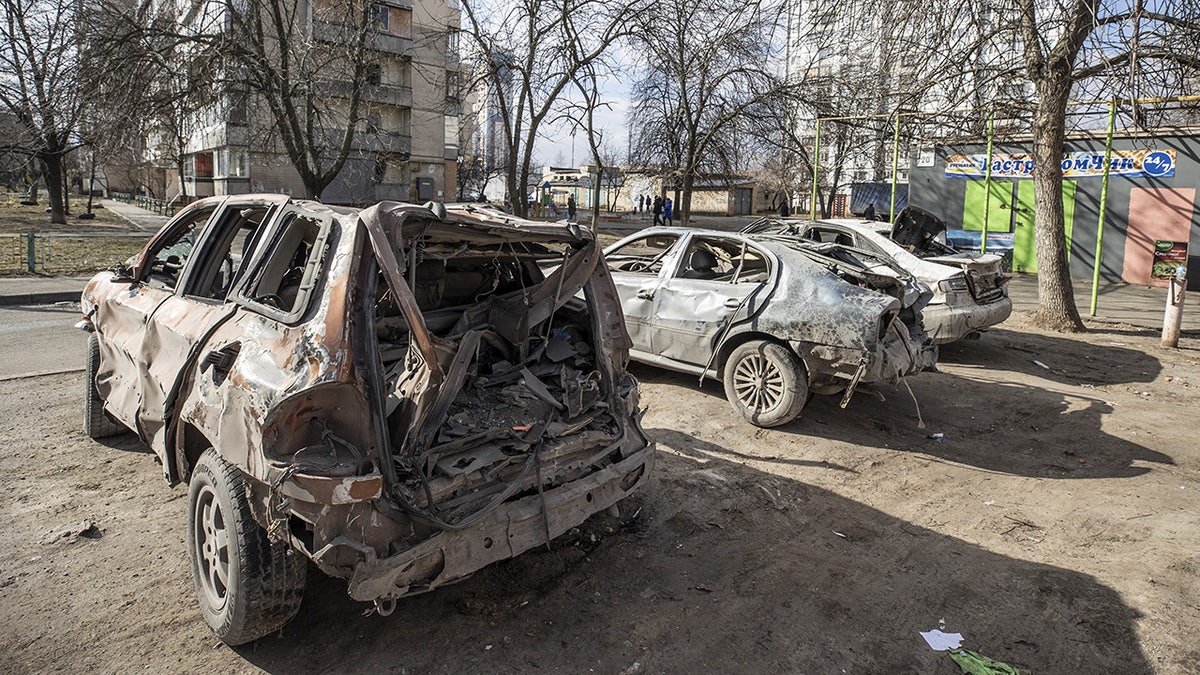
A view of damaged cars near an apartment building hit by Russian attack in Kyiv, Ukraine. (Photo by Emin Sansar/Anadolu Agency via Getty Images)
Michael Kelly, a talented journalist for the New York Times, Washington Post and the Atlantic, became the first reporter killed in Iraq when the military vehicle he was in ran off the road and into a canal.
WHY THE MEDIA COVERAGE OF UKRAINE'S UGLY WAR HAS SHATTERED EXPECTATIONS
NBC correspondent David Bloom, reporting from Iraq, suffered a fatal blood clot caused by deep vein thrombosis after spending many days in cramped military vehicles.
And there were many others, not all television stars, not all American. Some 190 journalists were killed in Iraq and 55 in Afghanistan, according to the Committee to Protect Journalists.

Responders are seen at the scene after a building destroyed by a Russian rocket attack in downtown Kharkiv (Photo by Wolfgang Schwan/Anadolu Agency via Getty Images)
And in an equally horrifying episode, Lara Logan was sexually assaulted, beaten and almost killed by an Egyptian mob while covering unrest there for CBS.
It takes a special kind of courage and dedication to put yourself in harm’s way. Many of those who do it are not well known to the public. Renaud had a stellar career, but he didn’t do it for fame or fortune. He felt compelled to tell the stories of people in distress.
SUBSCRIBE TO HOWIE'S MEDIA BUZZMETER PODCAST, A RIFF ON THE DAY'S HOTTEST STORIES
Filmmaker Christof Putzel told the Washington Post: "It’s such a loss, not just for me, his family, but it’s a loss to our profession," hailing Renaud’s "innate humanity and empathy that allowed him to connect with people."
CLICK HERE TO GET THE FOX NEWS APP
Journalism has a lousy reputation these days, for reasons that are mostly self-inflicted. People like Brent Renaud and Ben Hall and so many other correspondents on the front lines represent the best of us, and we owe them a debt of gratitude that in some cases can never be repaid.





